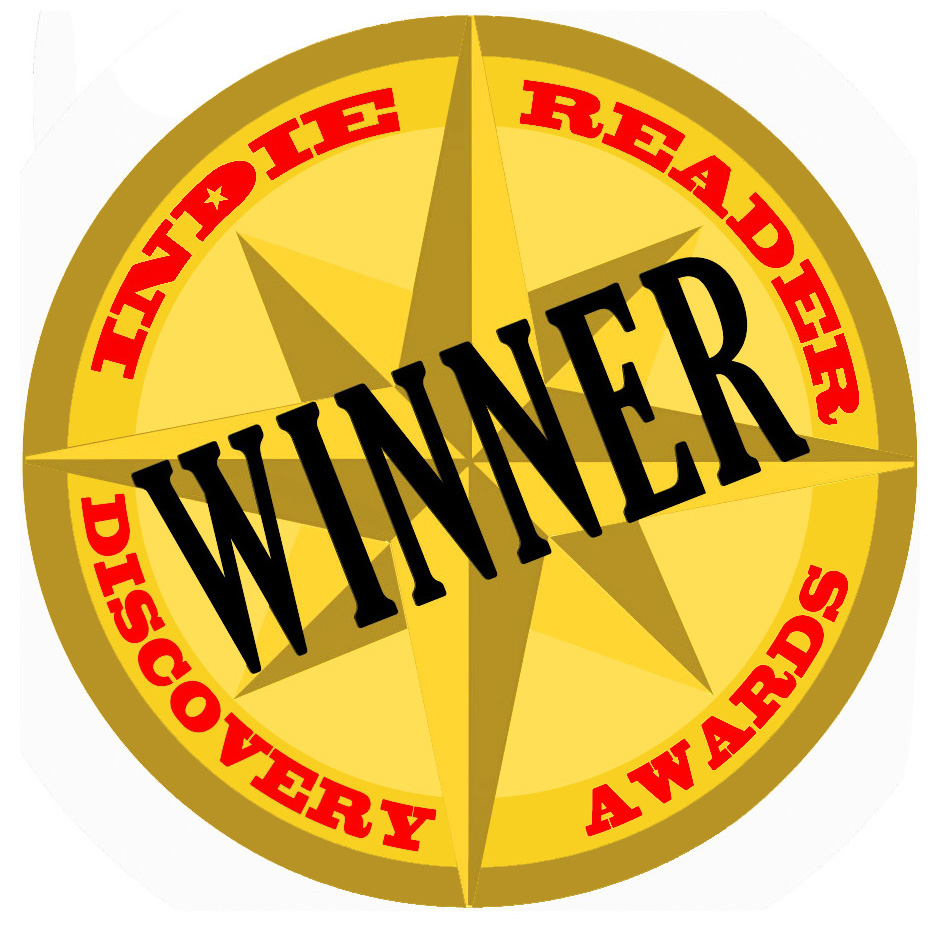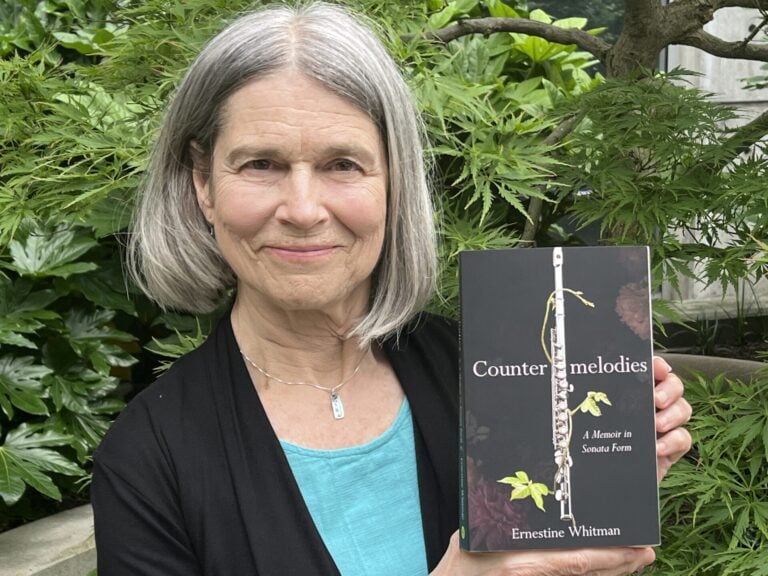
Countermelodies: A Memoir in Sonata Form was the winner in the Memoir category of the 2025 IndieReader Discovery Awards, where undiscovered talent meets people with the power to make a difference.
Following find an interview with author Ernestine Whitman.
I am both profoundly honored and, because I began writing in my seventies, genuinely astonished to win this award!
What is the name of the book and when was it published?
Countermelodies: A Memoir in Sonata Form (September 24, 2024, She Writes Press)
What’s the book’s first line?
“Hey, girls, your mother says it’s time to come down,” Uncle Russell called from the foot of the curved staircase.
What’s the book about? Give us the “pitch”.
Countermelodies is the story of a young woman’s struggle to overcome the painful betrayal by her beloved mentor.
One of my reviewers said it best: “In this memoir you will learn about the inner workings of professional orchestras … but the most important lesson it delivers is how to overcome pernicious self-doubt.” Jean Feraca – poet, memoirist, WI public radio host
Summary
A daughter who yearns for her judgmental father’s approval is constantly overshadowed by a brilliant older sister. Her self-doubt vanishes when she becomes the protégé of a charismatic flute teacher and, at twenty, wins a spot alongside him in a professional orchestra. After her successful first year, the mentor becomes her tormentor, threatening to destroy her professional and personal life. She endures his daily abuse for four more years, but resigning doesn’t end her ordeal. Facing a series of further betrayals by men, the author’s love for the flute sustains her as she tries to succeed in the cutthroat world of classical music.
What inspired you to write the book?
I’ve taken yoga classes from the same excellent teacher, a Buddhist monk, for almost twenty years. In a short meditation at the end of each class, he says, “I am grateful to my teacher.” Despite the relaxed, body-at-ease feeling at the end of class, that line always made me tense up. I realized I still held a lot of resentment about how my long-term mentor had treated me, so after I retired I took several classes in memoir. Whenever I got discouraged about starting this project too late in life, I kept telling myself, “I may not be a writer, but I know I have a good story to tell.”
What ’s the main reason someone should read this book?
Readers who like stories of grit and persistence will find in Countermelodies an engaging tale of a woman who reclaims her sense of self-worth by overcoming multiple threats to her personal and professional life, including the painful betrayal by a beloved mentor.
Is this the first book you’ve written?
Yes.
When I’m not writing I am reading both fellow writers’ work and other good writers, mostly current fiction. I also take Zoom writing classes and try to go to at least one writers’ workshop or retreat each year, though it’s still hard to be by far the least experienced and oldest writer in almost every class and workshop.
Thee hardest part of being an indie author for me is the expense, both upfront and unanticipated.
My original motivation was to write the story about my mentor/tormentor, in part to exorcise the anger and bitterness, in part to do something creative in retirement. But I found an unexpected joy in writing, and now that the book is finished, I write simply because it gives meaning and structure to my life. (The flute used to provide that.)
Random interesting things about me:
After I lost the ability to play the flute (due to an injury), at age sixty I began studying martial arts, and over the next ten years I earned black belts in both Tae Kwon Do and Karate.
Other than writing, the most meaningful thing I do is volunteer for Restorative Justice programs, offered in several Wisconsin prisons. Weirdest thing I’ve done: in the prison programs, to honor the inmates’ progress in breaking away from gangs and addictions, I have many times broken a 1-inch wooden board, much to their surprise!
I am married to oboist Howard Niblock; our son Elliott Niblock just completed a PhD in Religious Studies from the University of Virginia. He’s also a poet with an MFA from the University of Montana.
